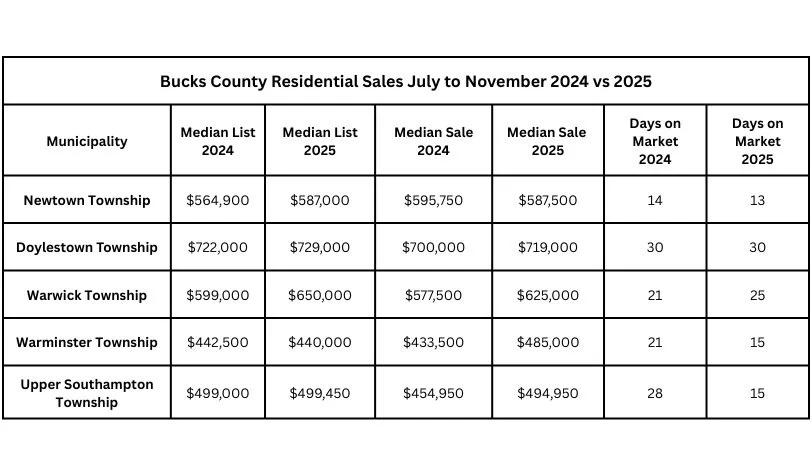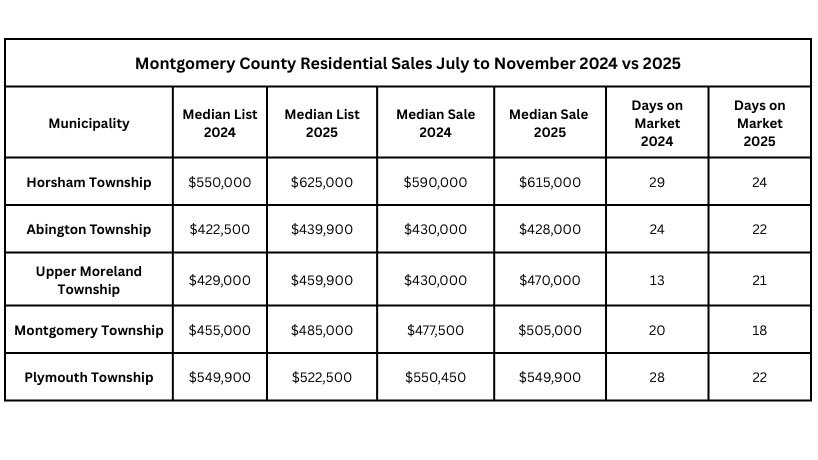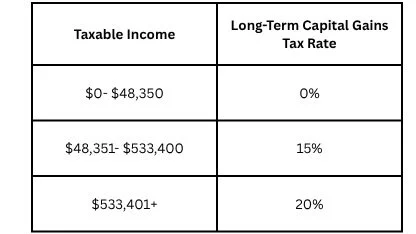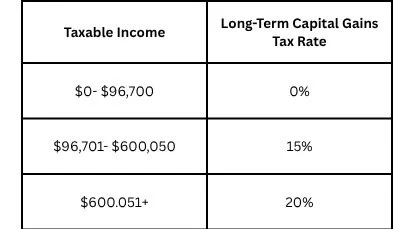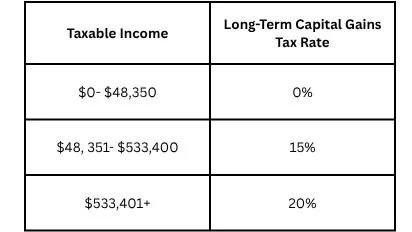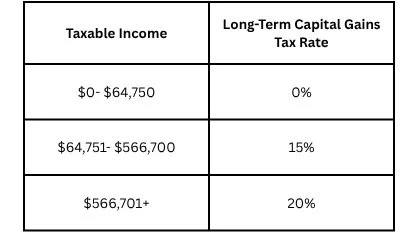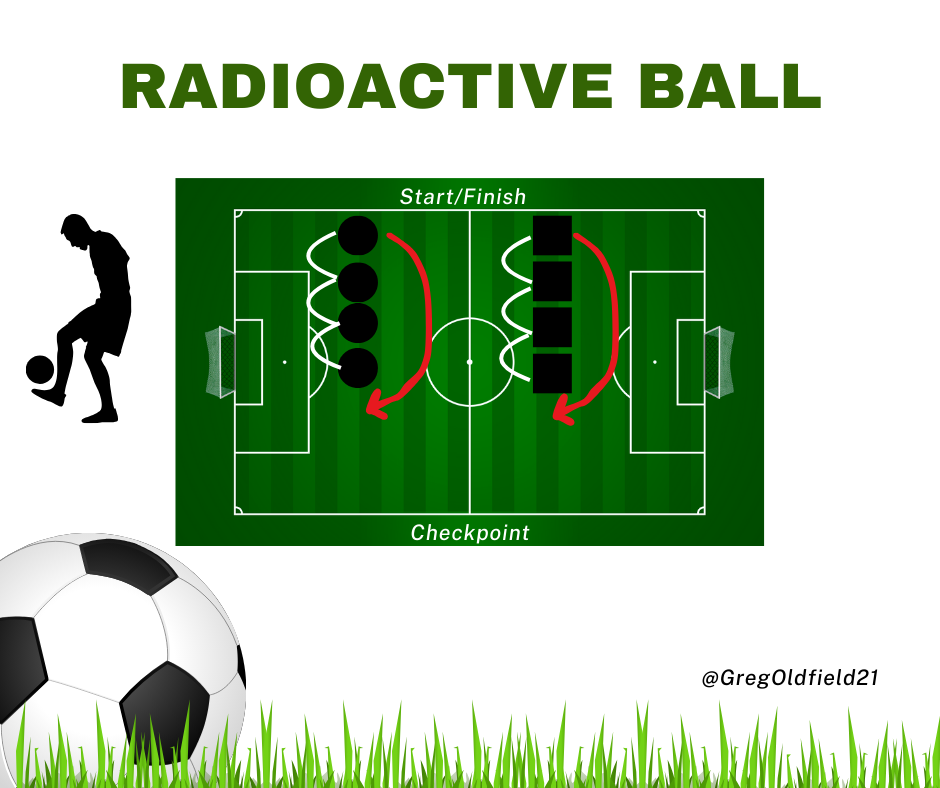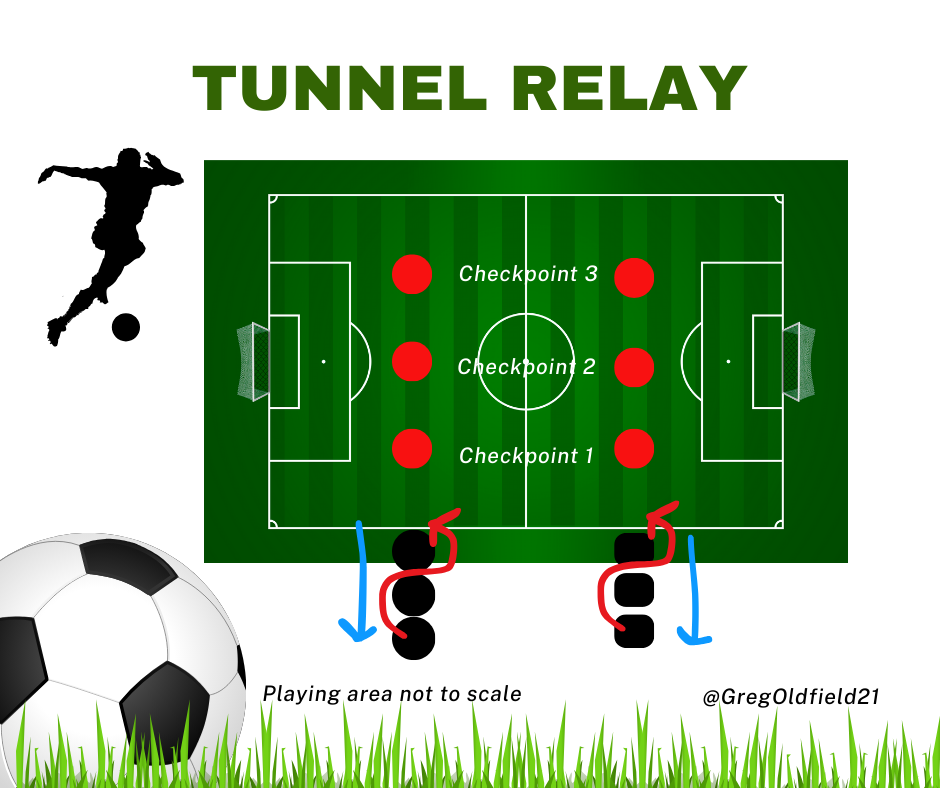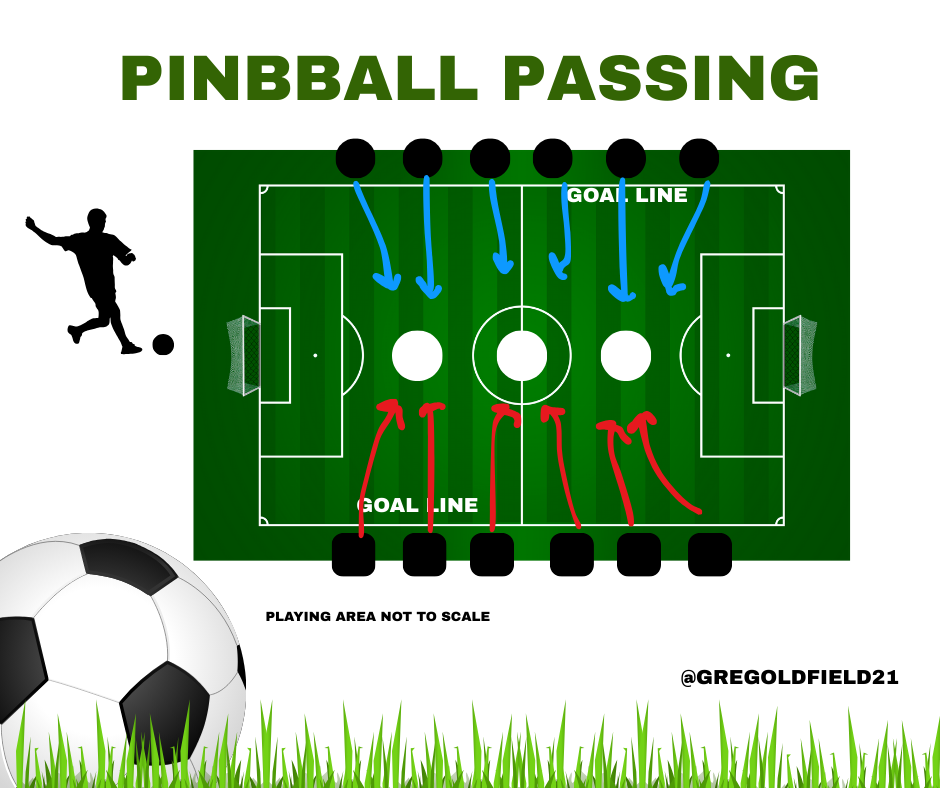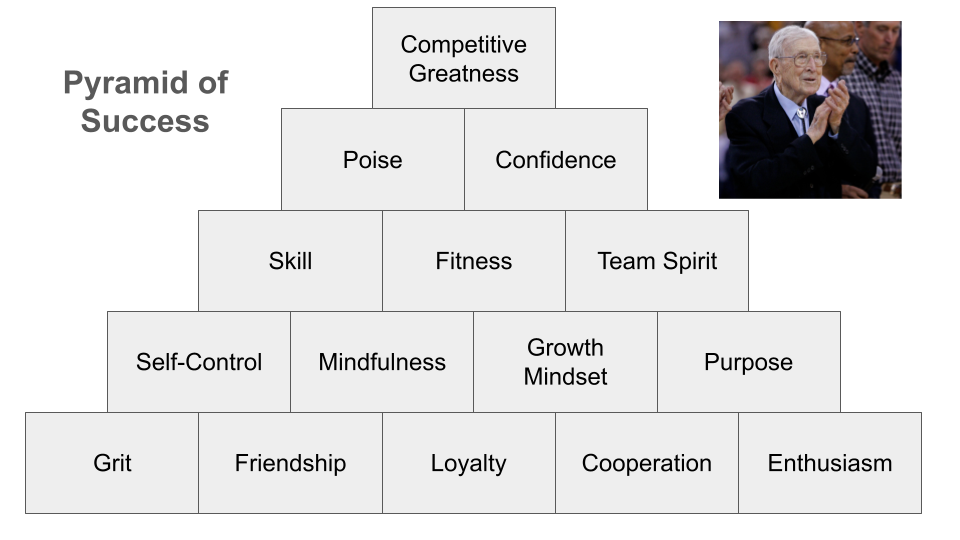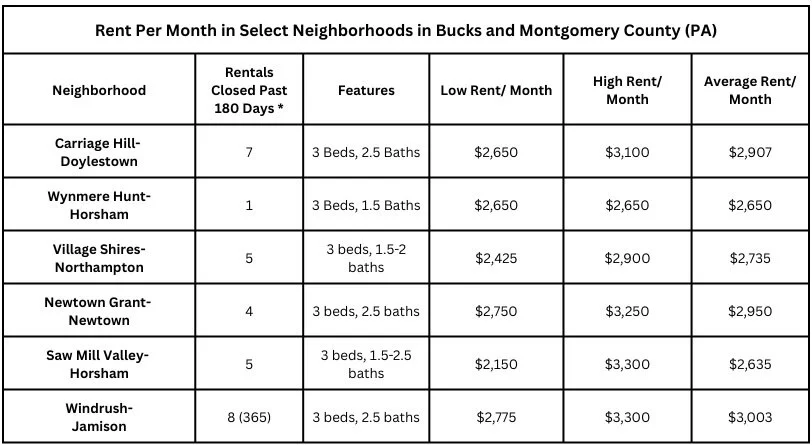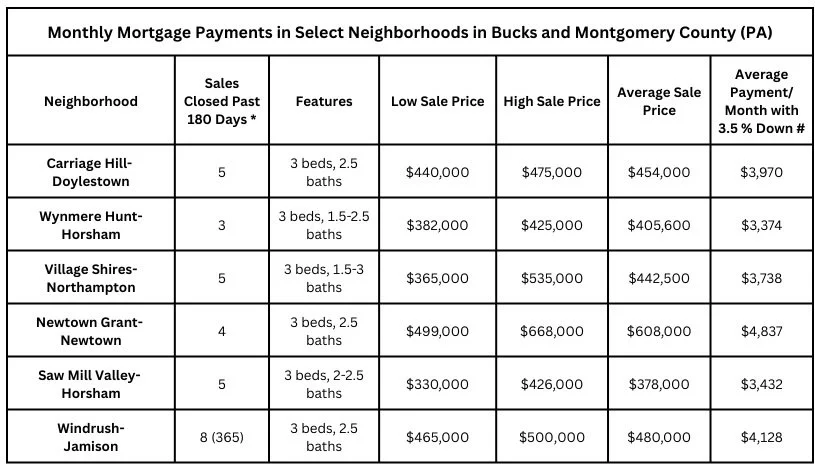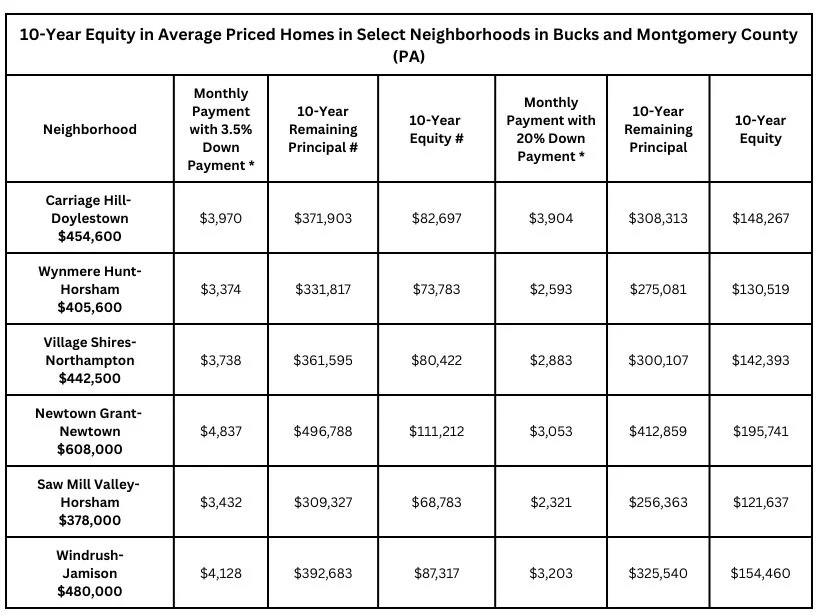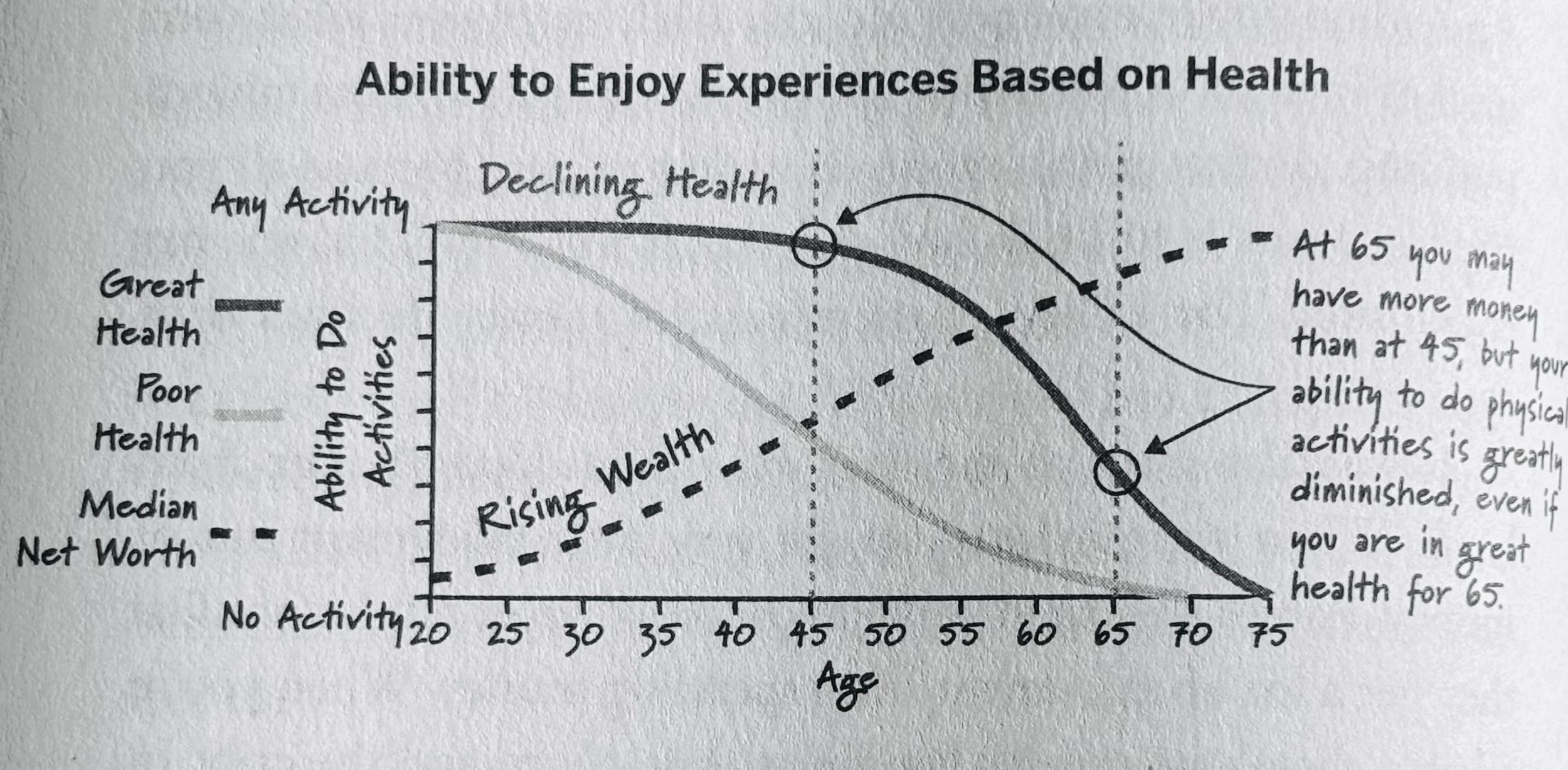Book of the Month: Deep Work by Cal Newport
-
January 2026
- Jan 11, 2026 Book of the Month: Deep Work by Cal Newport Jan 11, 2026
- Jan 4, 2026 Your One Action for 2026 Jan 4, 2026
-
December 2025
- Dec 31, 2025 Top Stories of the Year Dec 31, 2025
- Dec 19, 2025 Book of the Month: Mastery by Robert Greene Dec 19, 2025
- Dec 15, 2025 Removing Popcorn Ceilings For a Cleaner Finish Dec 15, 2025
- Dec 7, 2025 Late Fall Real Estate Market Updates Dec 7, 2025
-
November 2025
- Nov 23, 2025 Book of the Month: Peak: Secrets From the New Science of Expertise by Anders Ericsson and Robert Pool Nov 23, 2025
- Nov 19, 2025 8 Home Maintenance Tasks To Check Off Your List Before Winter Nov 19, 2025
-
October 2025
- Oct 23, 2025 Book of the Month: Find Your Why by Simon Sinek Oct 23, 2025
- Oct 13, 2025 How Capital Gains May Impact Real Estate Decisions Oct 13, 2025
- Oct 2, 2025 Me Meetings to Get Priority Tasks in Order Oct 2, 2025
-
September 2025
- Sep 25, 2025 5 Soccer Teambuilders Any Coach Can Use Right Now Sep 25, 2025
- Sep 17, 2025 What to Know about a Home Appraisal Contingency Sep 17, 2025
- Sep 11, 2025 Teambuilding to Start the Season on the Same Foot Sep 11, 2025
- Sep 5, 2025 Book of the Month: The 5 Types of Wealth by Sahil Bloom Sep 5, 2025
-
August 2025
- Aug 28, 2025 Rent vs Buy: By the Numbers Aug 28, 2025
- Aug 22, 2025 Leaving Everything on the Field Aug 22, 2025
- Aug 17, 2025 Books of the Month: The Creative Act: A Way of Being by Rick Rubin and The War of Art by Steven Pressfield Aug 17, 2025
- Aug 13, 2025 Rent vs Buy: How to Choose Aug 13, 2025
- Aug 6, 2025 Inspection Contingencies and Timelines Aug 6, 2025
- Aug 3, 2025 Lessons From Painting and Soccer Camp Aug 3, 2025
-
July 2025
- Jul 23, 2025 Finding the Point Jul 23, 2025
- Jul 16, 2025 Book of the Month: Think Like a Monk: Train Your Mind for Peace and Purpose Every Day by Jay Shetty Jul 16, 2025
- Jul 9, 2025 Real Estate Market Updates: June 2025 Jul 9, 2025
- Jul 2, 2025 Taking Time Out to Re-Align Jul 2, 2025
-
June 2025
- Jun 25, 2025 Navigating Home Sale Contingencies Jun 25, 2025
- Jun 17, 2025 The Crossing Fawn Jun 17, 2025
- Jun 4, 2025 Book of the Month: Notes from a Deserter by C.W. Towarnicki Jun 4, 2025
-
May 2025
- May 29, 2025 We Are What We Eat May 29, 2025
- May 22, 2025 The Ins and Outs of Mortgage Contingencies May 22, 2025
- May 8, 2025 Coaching Fundamentals: Reflect and Repeat May 8, 2025
-
April 2025
- Apr 23, 2025 How Rory McIlroy Remained Present to Win the Masters Apr 23, 2025
- Apr 2, 2025 Coaching Fundamentals: Mastering the Demonstration for Player Understanding Apr 2, 2025
-
March 2025
- Mar 12, 2025 Book of the Month: Atomic Habits by James Clear Mar 12, 2025
-
February 2025
- Feb 27, 2025 5 Answers For Potential Homebuyers Entering the Spring Market Feb 27, 2025
- Feb 6, 2025 Investing Basics with Chris Strivieri, Founder and Senior Partner of Intuitive Planning Group in Alliance with Equitable Advisors Feb 6, 2025
-
January 2025
- Jan 30, 2025 Book of the Month: The MetaShred Diet Jan 30, 2025
- Jan 20, 2025 Residential Housing Trends in 2025 Jan 20, 2025
- Jan 9, 2025 Understanding the Use and Occupancy Certificate Jan 9, 2025
-
December 2024
- Dec 4, 2024 Book of the Month: How Champions Think by Dr. Bob Rotella Dec 4, 2024
-
November 2024
- Nov 19, 2024 Professional Spotlight: Fran Weiss, Owner of Weiss Landscaping Nov 19, 2024
-
October 2024
- Oct 29, 2024 Book of the Month: Hidden Potential by Adam Grant Oct 29, 2024
- Oct 21, 2024 Professional Spotlight: James George, President, Global Mortgage Oct 21, 2024
- Oct 15, 2024 Buyers Post-NAR Settlement Oct 15, 2024
We live in a distracted world.
Whether it’s our jobs, our homes, or even in public, our worlds are full of stimuli competing for our attention. Technology, for all its advancements, can be the biggest distractor of all. But as the hustle and bustle of our everyday work and home lives continues to bombard our attention, our brains are processing, absorbing everything around us. We’ve become proud of our multi-tasker badges and our to-do lists and our mottos of getting shit done.
But are we as productive as we think? Some days we may feel accomplished, while on other days we’re just trying to keep up.
Most athletes reading this have had many experiences with flow, the term coined by Mihaly Czikszentmihalyi, which describes a state of concentration or complete absorption in an activity. When we’re engaged in activities that align with our passions and require intense concentration, we’re more likely to feel “in the zone.”
How many times did the referee’s halftime whistle leave us thinking where the half went? For most us, playing in the moment was part of why we made so much progress.
How well have we transferred flow to our everyday work and personal lives?
In Deep Work, author Cal Newport explores how we can produce more by organizing our time to maximize flow. Newport considers deep work the “Professional activities performed in a state of distraction-free concentration that push your cognitive capabilities to their limit.” Deep work, as opposed to shallow work, which entails less cognitive demand and can often be completed while distracted. Along with the work from Czikszentmihalyi, Newport also references the impact of deliberate practice, referenced in a previous post, as a foundational component of deep work. As distractibility becomes even more progressive in our lives, Newport’s argument is for taking back our time to accomplish the tasks that demand our full selves.
One of the disadvantages of multi-tasking and constant interruptions is attention residue, a term coined by researcher Sophie Leroy from the University of Minnesota in 2009. Attention residue describes how when we switch from one task to another, our minds can still remain stuck thinking about the original task. In multiple studies, Leroy explored how switching tasks affects performance and found that “People experiencing attention residue after switching tasks are likely to demonstrate poor performance in the next task.”
Newport uses researcher Adam Grant’s methods of deep work as one of his many examples. Grant, also referenced in a previous post, is an organizational psychologist at Penn who runs a top podcast on top of his teaching and publishing schedule. The key to Grant’s productivity, according to Newport, is his focus on extended deep work. Grant is able to teach all his courses in the fall then dedicate the spring and summer to his research, effectively dedicating each period of time with his full attention. He’s also known to bunker in his office for days or weekends, unplugging from his world, and reminding others he is not available even when they know he’s in his office typing away.
It might seem harmless to take a quick glance at your inbox every ten minutes or so. Indeed, many justify this behavior as better than the old practice of leaving an inbox open on the screen at all times. But Leroy teaches us that this is not in fact much of an improvement. That quick check introduces a new target for your attention. Even worse, by seeing messages that you cannot deal with at the moment (which is almost always the case), you’ll be forced to turn back on primary tasks with a secondary task left unfinished. The attention residue left behind by such unresolved switches dampens your performance.
When we step back from these arguments, we see a clear argument form: To produce at your peak level you need to work for extended periods with full concentration on a single task free from distraction. Pu another way, the type of work that optimizes your performance is deep work. If you’re not comfortable going deep for extended periods of time, it’ll be difficult to get your performance to the peak levels of quality and quantity increasingly necessary to thrive professionally. Unless your talent and skills absolutely dwarf those of your competition, the deep workers among them will outproduce you.
Grant’s method of deep work may not be viable for everyone. Throughout the book, Newport provides several examples of how creatives, craftsmen, and businessmen alike have patterned their time for deep work. Some prefer a monastic approach, cutting people off with no electronics whatsoever in order to commit to the solitude of their work. The famous 20th Century psychologist Carl Jung used to escape to his retreat in the mountains for a few weeks at a time, where he would write, mediate, and walk before returning to his busy practice and social life in Zurich. Others have found a ritual of time blocks, whether daily, weekly, or monthly, to reserve specific parts of the day to their deep work. There are also experts at short time blocks, like biographer Walter Isaacson, who’ve trained themselves over time to set aside short burst of time throughout the day without any attention residue. Many writers, such as JK Rowling, have even locked themselves away in hotels or retreats for a day or two, or longer, just to get away from everyday responsibilities and engage in a pressing part of their mind.
Whichever method you prefer, the argument is simple. If your goal, like mine, is to be more productive in 2026, it’s up to us to prioritize that time in our day to dedicate to the work. Time blocking is a valuable tool for initiating deliberate practice. The others in your lives—children, spouses, friends, colleagues—may not appreciate being shut out of your life completely for a period of time, but if the work is important to you and they care about you, they’ll hopefully realize the necessity of your deep work and support your intentions.
If not, there’s always the personal vacation.
